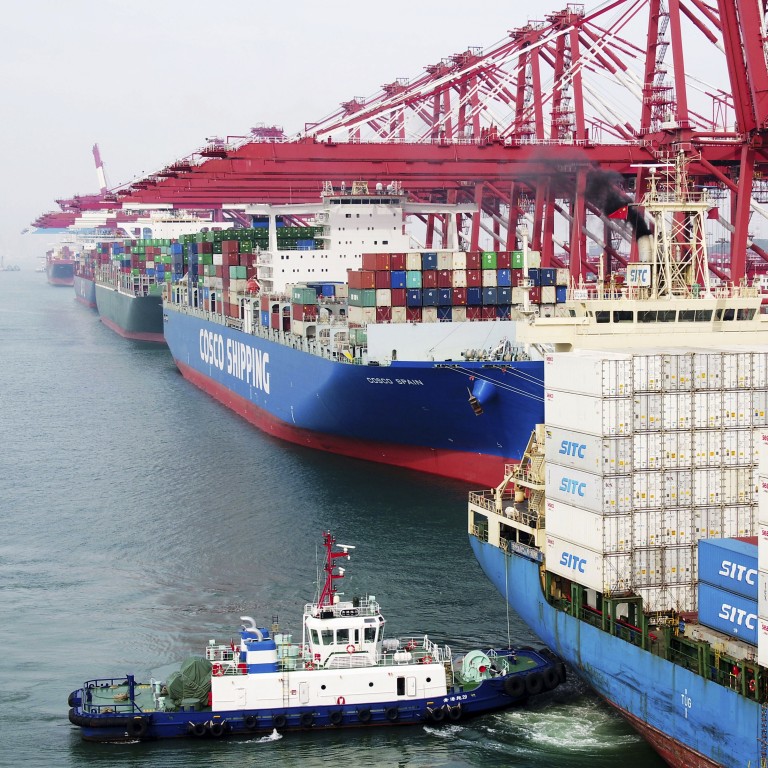
How Chinese machine parts manufacturer Impro Precision is mitigating trade war tariffs
- Impro Precision aims to increase its production capacity in Mexico to supply its American customers
Impro Precision, a major Chinese maker of parts used in cars, construction and aerospace equipment, said it is localising its factories to reduce exposure to tariffs as the trade war intensifies.
The Hong Kong-based precision manufacturing company, which has factories in mainland China and Europe, is seeking to open a larger plant in Mexico to supply US customers, which generated 42 per cent of its HK$3.75 billion revenue last year.
To raise funds to build the plant, it announced a global offering of 333.3 million shares on Monday, which would raise about HK$1.1 billion (US$140 million) at the maximum price of HK$3.30 per share. The Hong Kong public offering – 10 per cent of the total shares available – launched on Tuesday, and will end on Friday.
“A bigger establishment in Mexico will dramatically improve our service capability, [with] a quicker turnaround and product delivery,” group vice-president Sun Xiaohao told the Post at a press conference on Monday.
It is part of Impro Precision’s larger strategy, which it calls “local-for-local”, to consolidate its supply chain within a region to minimise exposure to trade tariffs, according to chief executive Lu Ruibo.
“This strategy was implemented three years ago,” said Lu, who is also the chairman and executive director. “It was not started as a result of the US-China trade war, but it can solve some of the problems arising from the trade war.”
Impro Precision currently has 15 production facilities in China, Turkey, Germany, the Czech Republic and Mexico. It manufactures precision parts that are used in cars, engines, construction equipment, medical products and, most recently, in the aerospace industry.
Chinese economic reforms are ‘only way out’ of trade war, says veteran adviser
Its list of customers include Bosch, Caterpillar, Honeywell and Cummins.
Impro Precision is far from being alone in adopting such a tactic to avoid additional import levies.
American tech giant Intel has also been reviewing its global supply chain for the last few months, its chief executive Bob Swan told Bloomberg TV on Sunday.
“[We’re looking at] how do we move goods ... and how do we move the global supply chain so less product is coming directly from China to the US, which will be subject to tariffs,” Swan said.
For Impro Precision, its short-term plan before the Mexican plant is completed involve a tariff-sharing mechanism with clients. Last year, the firm bore a 38 per cent increase in tariffs, worth HK$11.8 million, on its products. The remainder was passed on to customers, the company wrote in its prospectus.
The tariff-sharing arrangement was decided after negotiations with the customers, many of whom chose to bear the higher cost because they could not find a manufacturer in the US who could provide the same service, said Lu.
“The trade war has been a challenge for both our customers and us,” he added.
Chief financial officer Dennis Ip Wui Wing said the firm has not seen any obvious loss of customers over the increased tariffs on its goods. Impro Precision’s total revenue increased year-on-year by 23 per cent in 2018, with revenue from sales to the US and China increasing by 0.9 and 1 per cent respectively.
But the firm’s Mexican plant may not help it to avoid tariffs altogether.
Sun said Impro Precision cannot change course just because of changes on the ground.
“Making short-term plans based on the current situation will always be difficult,” he said.

